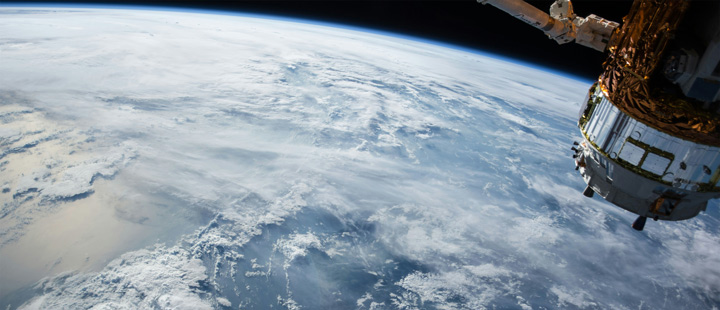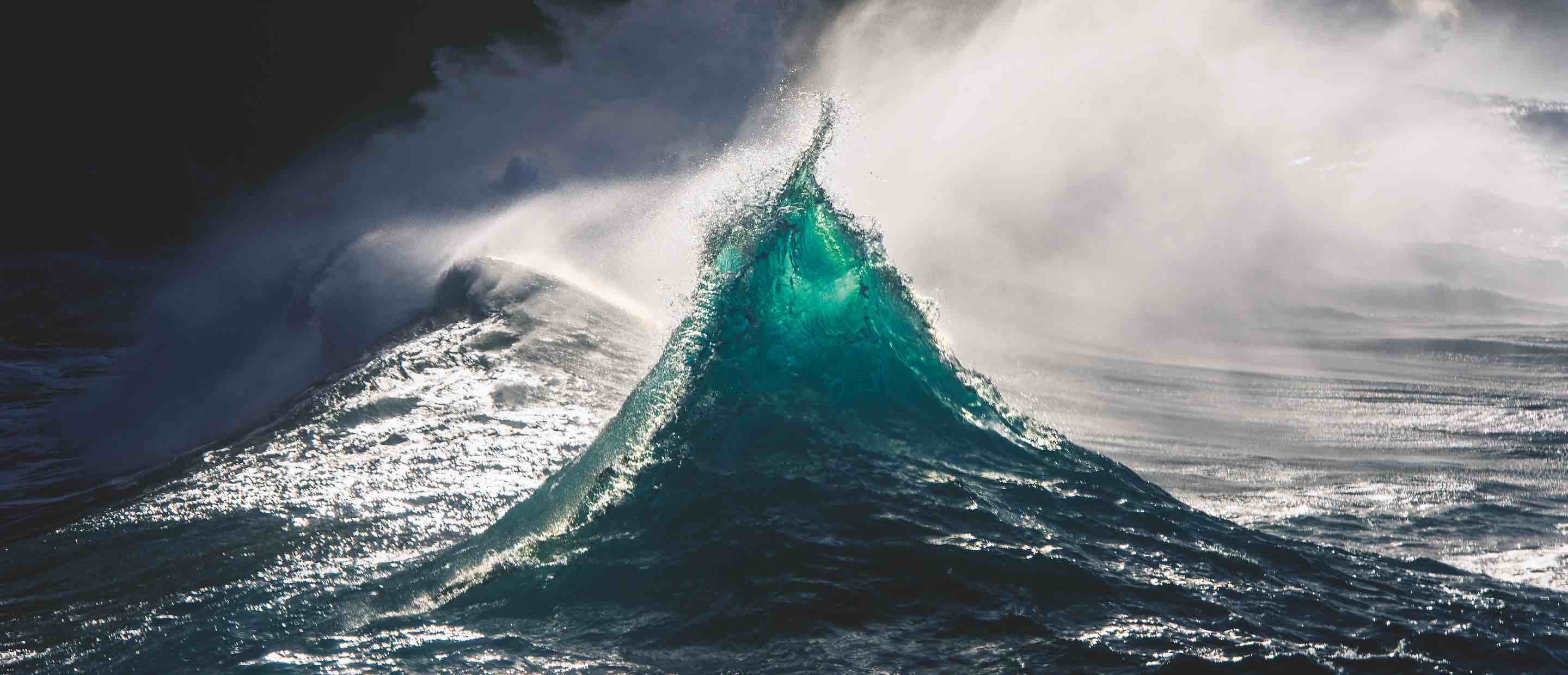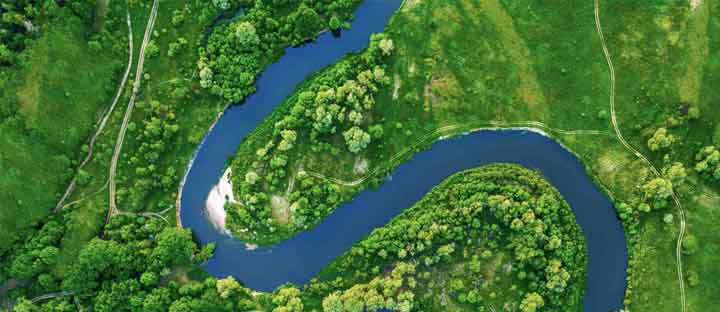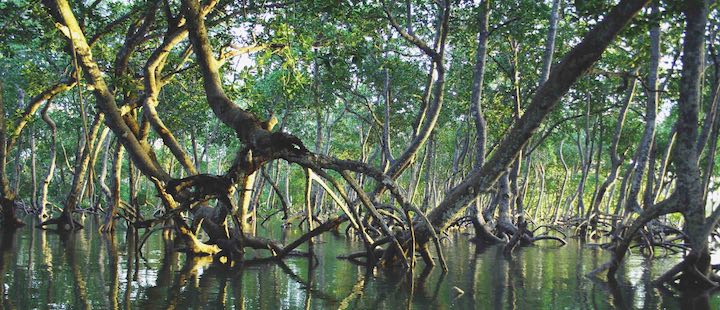A thought experiment for investors and policy makers: what if we redesigned our economic model to take into account the cost of using nature? Markus Müller explains to LUX magazine why this idea is no longer blue-sky thinking.
We are currently facing a market failure, based on the fact that we do not take into account the value of the natural capital we all depend on. As we do not measure its systemic value, we also do not ask the question of whether, by over-using the planet’s ecosystem services, we are irreparably damaging its quality and vitality.
The health of the world’s natural capital is something we now have to articulate and factor into all our financial decisions. We need to understand the true impact of our activities on our overall stockpile of natural capital, and on nature’s ability to replenish this stockpile for itself. In economic terms, there are negative externalities that we need to internalise, via accounting methods.
Revaluing nature need not mean reinventing economics
To do this, we do not need to reinvent economics, just enhance it. We have forgotten to give room to the non-financial dimension of economics. Until now, we have thought, “what nature delivers is free”. But this was an illusion, based on chronic undervaluation. How we have acted could be seen as a failure of governance and a misuse of economics.
Elinor Oström (1933–2012), the political economist and Nobel laureate, showed with her research in the 1990s that the job of fighting environmental destruction cannot be left to single governments (a point that applies equally to single government and corporate units). The job of managing our “Common Pool Resource” requires such a diversity of actions that a polycentric approach is required, in which key decisions are made as closely as possible to the scene of events by affected communities working together.
This model could be applied to firms. A company that acts in a specific location has an impact on that environment, and this is what the company needs to factor into its local decisions. It can only do so when it can measure the value of the natural assets on which the company and the local community depends.
Accounting for natural capital and ecosystem services
Academics such as Professor Ian Bateman, an environmental economist at the University of Exeter in the UK, are researching ways to assign monetary value to natural capital, such as ocean and land habitats, and the biodiversity they support. These assets deliver ecosystem services such as carbon-oxygen exchange, timber, food and atmospheric cooling.
Against these ecosystem services, you can put metrics, such as tonnes or degrees Celsius. And against these, you can put a price. You can then see where natural capital is diminished in its capability to deliver ecosystem services, say, through overuse, and put a price on this, too.
Applying such methods to nature at scale is complex but not impossible. In fact, we’ve been working on it for over 30 years. The System of Environmental-Economic Accounting (SEEA) was published by the UN in 1993, and eventually recognised as an official statistical standard in 2012. With SEEA, governments and companies can factor natural capital into policy and operating decisions at all levels, and thereby mitigate financial and environmental risks.
How factoring in natural capital could support more sustainable decision-making
For example, a firm could decide not to go ahead with a project in a certain location if the effect on that location’s natural capital would turn potential profit into loss. It would be able to see in advance what the long-term costs of going ahead would be, and factor these into the equation – not just in terms of potential fines for pollution but more nuanced factors, such as the discontent of local communities leading to recruitment issues. In a system where such standards were used widely, any company seeking to raise finance for a project would have to demonstrate they had taken natural capital into account.
Unfortunately, SEEA is not universally applied. Using it is still a political, rather than an economic, decision. However, the underlying idea is now gathering serious momentum. In July, for example, the Intergovernmental Science-Policy Platform on Biodiversity and Ecosystem Services (IPBES), published a report that analysed 50 methods and approaches to valuing nature and used these to create tools and guidelines for policy-makers.
Meanwhile, the private sector is increasingly recognising it must help to conserve the natural capital on which we all depend. With the right standards in place for valuing nature and the ecosystem services it provides, companies should see for themselves why their financial resilience depends on making the world a better place.
The System of Environmental-Economic Accounting (SEEA)
The SEEA is the first international accounting standard for gathering together economic, environmental and social data, taking natural capital into account.
It brings together considerations of the effects of economic activity on air pollution, forests, water, biodiversity, ecosystems and other key areas.
The SEEA was originally developed in the 1990s and is currently produced and released under various bodies including the United Nations, the European Commission and the International Monetary Fund.
According to the UN, as of 2021, 90 countries have implemented SEEA accounts, as yet varying in degree and scope. Some firms have developed their structures of Environmental Profit and Loss accounting (EP&L) based on the SEEA.
Markus Müller is Chief Investment Officer ESG & Global Head of Chief Investment Office at Deutsche Bank Private Bank.
Image caption and credit:
Combustion, 10 March 2017, South Sydney, Australia. © Ray Collins
This article first appeared in the Autumn/Winter 2022 issue of LUX magazine. This issue features the fourth in a series of Deutsche Bank Wealth Management/LUX supplements about our ocean and its importance to both the environmental and economic wellbeing of the planet.








